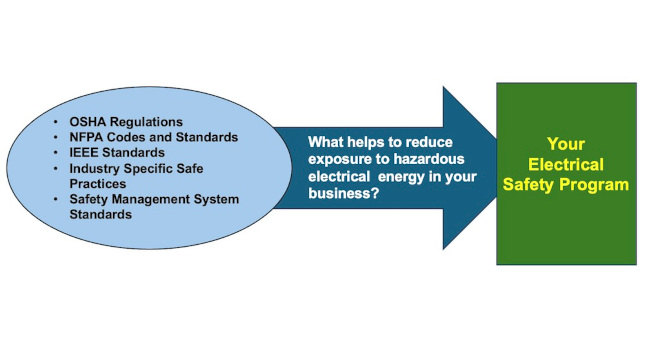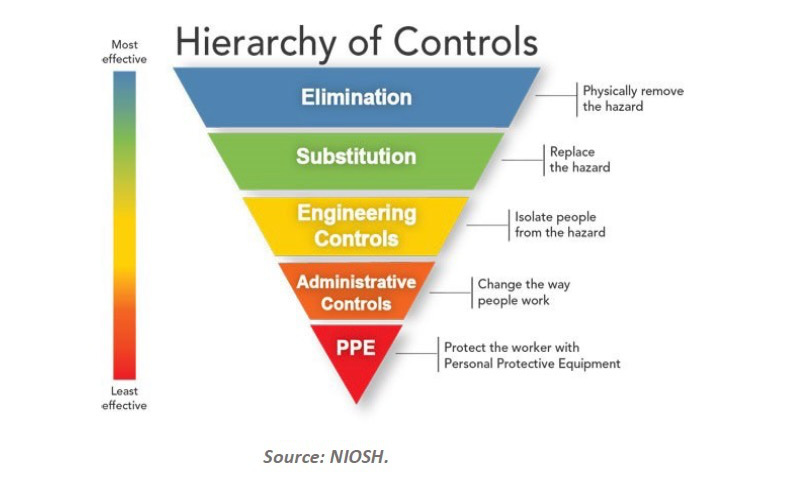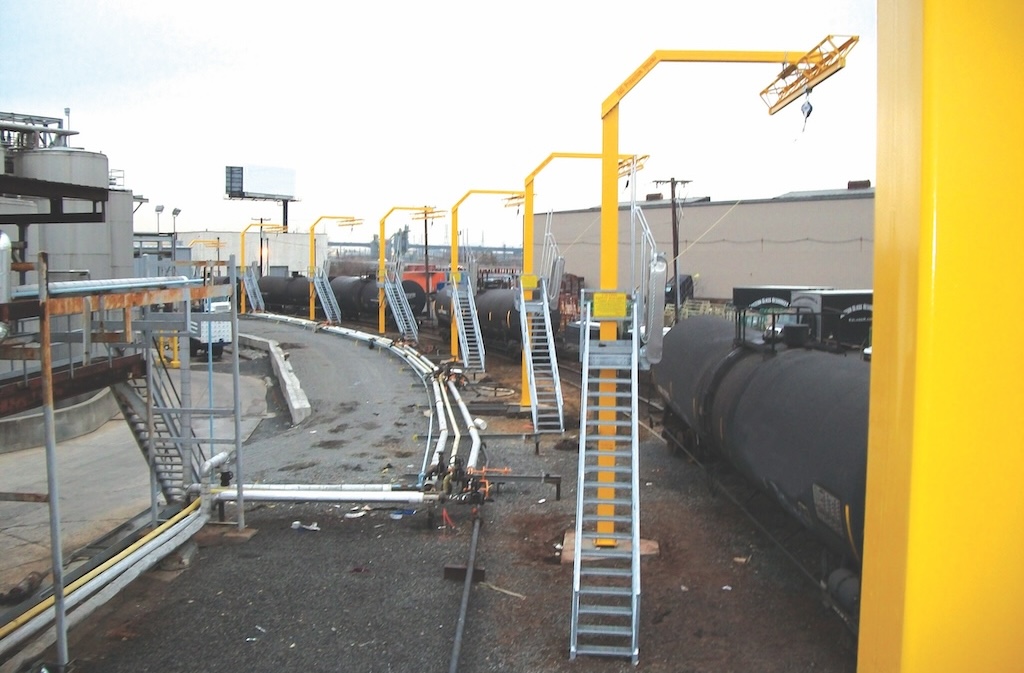In the climactic scene of the movie “A Few Good Men” Col. Nathan Jessep and defense lawyer Daniel Kaffee are sparring over the military chain of command when Jessep barks, “We follow orders, son. We follow orders or people die. It’s that simple. Are we clear?” “Yes sir,” Kaffee replies.
In the climactic scene of the movie “A Few Good Men” Col. Nathan Jessep and defense lawyer Daniel Kaffee are sparring over the military chain of command when Jessep barks, “We follow orders, son. We follow orders or people die. It’s that simple. Are we clear?”
“Yes sir,” Kaffee replies.
“Are we clear?”
“Crystal.”
Jessep may have lost his way as a soldier, but he might have made a good safety officer in a manufacturing plant. In safety management, following the rules saves lives and limbs. It is a simple concept, but profound in its meaning. It is a crystal clear message: safety can never be compromised.
We often talk about safety in human terms, because those are the most compelling. When we discuss trapped coal miners or workers who are injured or killed on the job, we focus on the safety failures. We rush to learn what went wrong, so we can prevent it from happening again.
The true measure of an effective safety program, as we discuss in this month’s cover story, should be on what is preserved. Safety is, after all, a positive term. Safety is a state we try to maintain. It is only when things are unsafe that we worry.
Safe workplaces allow all employees to come to work with the confidence that they will leave each day with the ability to enjoy life outside of work.
What we also are learning is that safety carried over to life outside of work — both for the employee and his family — is a positive message. Companies that allow workers to take safety products home for their personal use send a message that worker safety is a 24/7 concern of the company.
This emphasis on off-the-job safety is gaining momentum. When a company offers health and wellness programs for families and defensive driving courses, it shows that the employee and his family are valued on a personal level. Companies that make safety a core principle have better employee morale, because it shows their company cares about the people as much as the bottom line.
There are bottom line considerations as well: lower absenteeism, higher productivity, lower training costs for replacement workers and the biggest of all, lower workers’ compensation costs. A true safety program isn’t about compliance to regulations as much as it is recognition of the value of our employees as people.
Safety is a positive state of mind. It has a positive impact on employees, and on the business as a whole. It is one positive thing we can do for our workers. Today, more than ever, we cannot afford to lose a few good men.
Are we clear?



